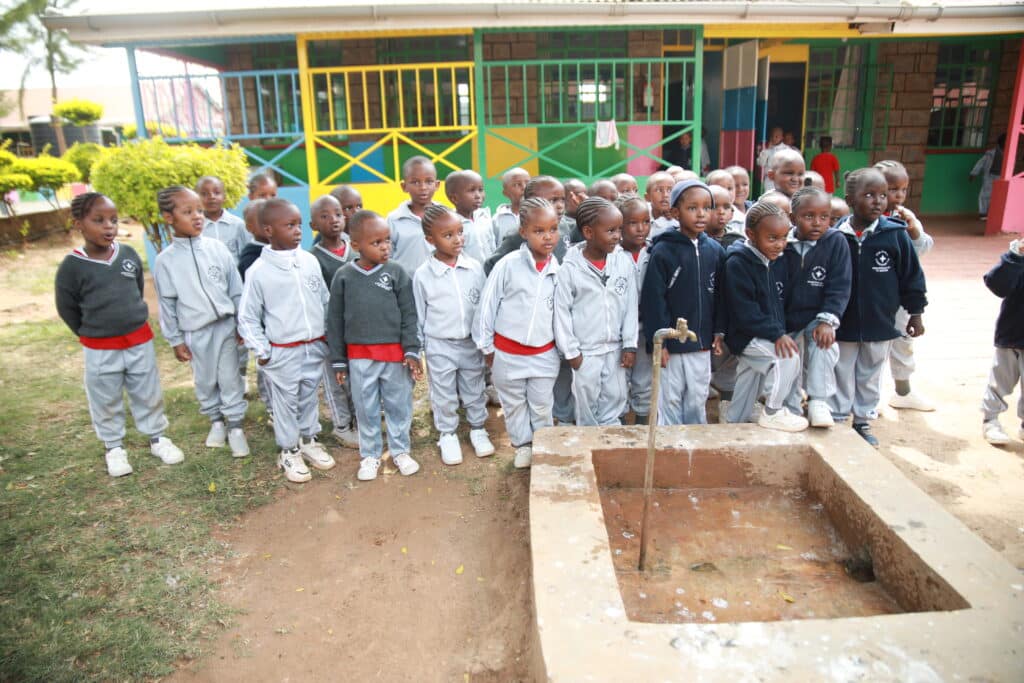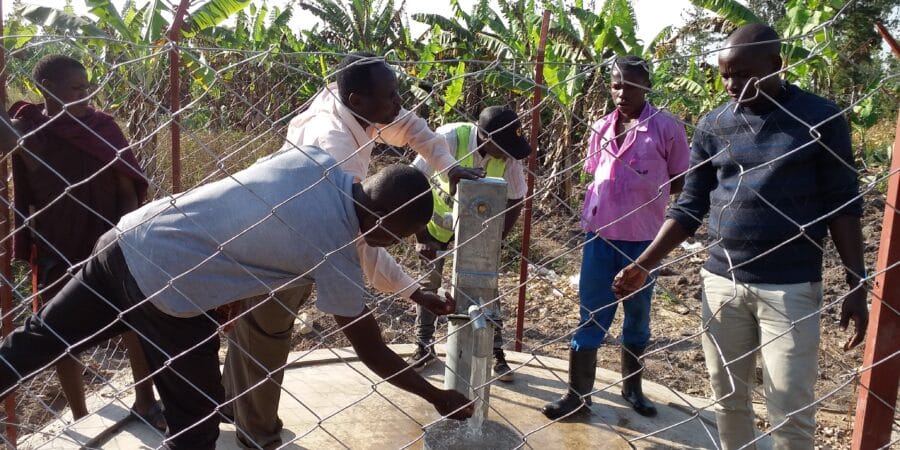Access to clean water is essential for human life and development, but unfortunately, it is a luxury that many people in Africa do not have. According to the United Nations, nearly 663 million people worldwide lack access to safe and clean drinking water, and the majority of these people are in Africa. The lack of access to clean water not only impacts health, but also education and economic growth, making it a pressing issue that requires attention and action.
Impacts of Lack of Clean Water
Health Impact
The lack of access to clean water is a significant contributor to poor health in Africa. Contaminated water sources can cause waterborne diseases such as cholera, dysentery, typhoid fever, and hepatitis A. In many parts of Africa, women and children spend hours each day walking long distances to collect water from unsafe sources, which exposes them to the risk of contracting waterborne diseases. According to the World Health Organization, nearly 3.4 million people die each year from water-related diseases, and most of these are in developing countries. Access to clean water is critical in preventing these diseases and promoting good health.
Education Impact
Access to clean water also has an impact on education, particularly for girls. Girls in many parts of Africa are responsible for collecting water for their families, and they often miss school to do so. This means that they fall behind in their studies, and many drop out of school altogether. The lack of access to clean water also impacts the hygiene and sanitation of schools. Providing schools with clean water sources and proper sanitation facilities can help to improve attendance, reduce dropout rates, and promote better educational outcomes.

Economic Impact
Access to clean water is essential for economic growth. In many parts of Africa, agriculture is the backbone of the economy, and it relies heavily on water. However, water scarcity and contamination can lead to crop failure, which can have devastating effects on communities that depend on agriculture. The lack of access to clean water can lead to increased healthcare costs, reduced productivity, and lost income due to illness. Providing access to clean water can help to boost economic growth, reduce poverty, and promote sustainable development.
Access to clean water is a fundamental human right, and it is critical for health, education, and economic growth. The lack of access to clean water in Africa is a significant challenge that needs to be addressed urgently. Governments, non-profit organizations, and other stakeholders must work together to improve access to clean water, especially in rural areas. See how we’re playing a role in ensuring all have access to clean water.

